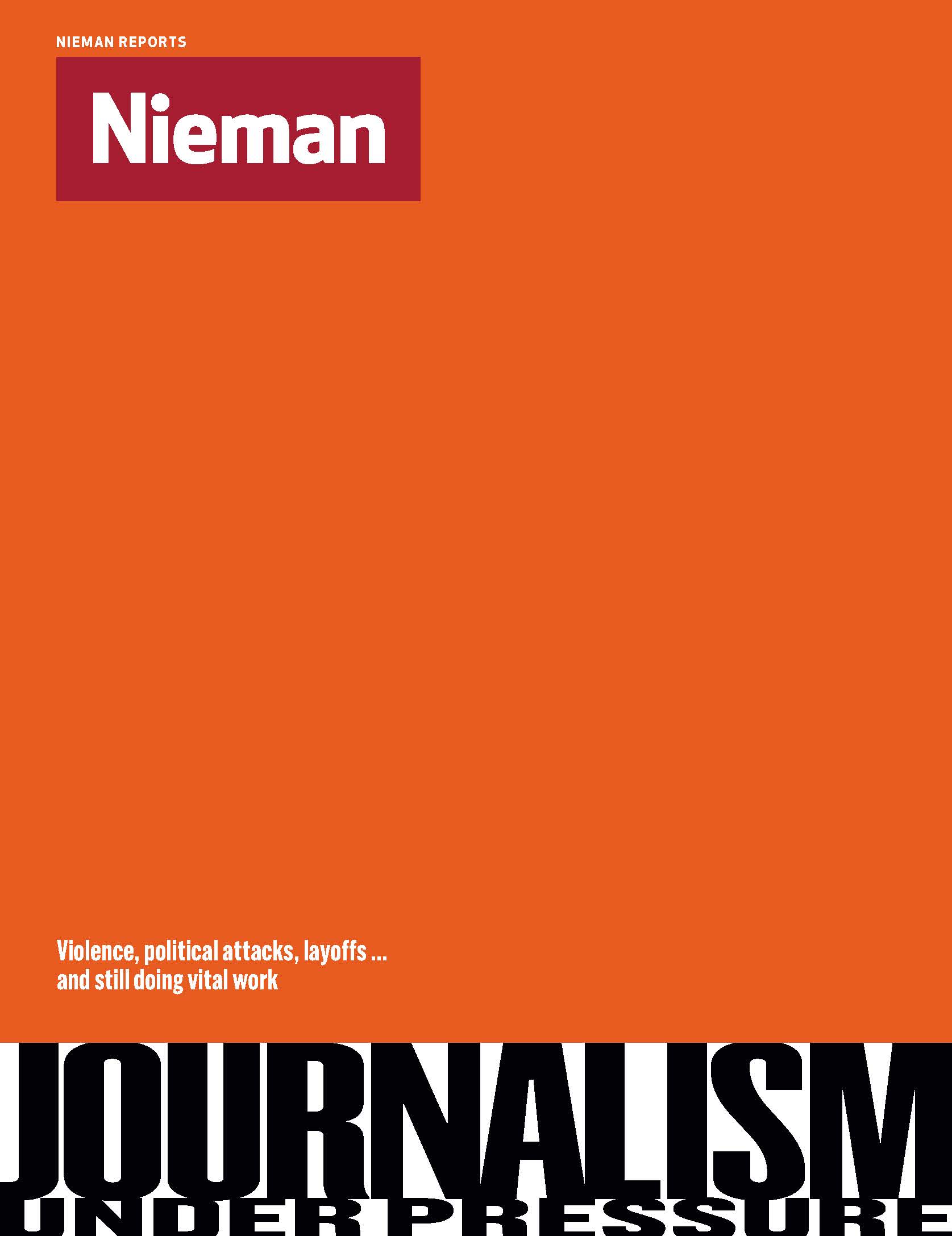Did you know it sometimes helps to work when slightly drunk?
What about the companies asking their staff to work five-hour days for the same pay? Or the idea that office smokers are the original smart networkers?
I knew about precisely none of this until last year, when I stopped being the Financial Times’ environment correspondent and started writing a weekly column on modern corporate life.
It was a slightly odd transition.
After six years on the environment beat, I had just about mastered the intricacies of the Paris agreement and the workings of a solar panel.
Before that, I had reported on airlines and politics, been a foreign correspondent and an editor, but I had never been paid to be a full-time columnist and I had barely written a word about working life.
I have always been interested in the foibles and frustrations of working life though and suddenly, it was my job to write about them. Every week. Brilliantly.
Judging by readers’ comments, the column is a work in progress.
“Right on!” they said when I wrote about the lost art of drinking on the job, a practice US researchers think dulls one’s focus enough to boost creativity.
“Bravo,” said one, when I reported on the companies switching to five-hour days to boost productivity.
“Sad to see you have to write such trivia,” said another when I hit on the idea that the old smoking room was one of the cheapest and most effective ways to spur internal office communication.
It has become clear why some columnists say it’s best to ignore all reader comments. Yet I am mostly grateful for mine, especially those that alert me to something I’d never considered before or, better yet, make me smile.
The field of workplace reporting has grown more crowded since I stumbled into it.
News sites such as Quartz have set up entire sections devoted to management, leadership, productivity, and whatnot. Podcasts on these topics have bloomed around the world.
Every other day seems to bring a new book on the world of work in my mailbag, often bearing disturbing news.
Technological disruption, the gig economy, job-killing robots, and a slew of other woes feed into a spreading sense of workplace insecurity.
As someone who has had a career in the newspaper industry, job insecurity is hardly unfamiliar.
Yet the more I write about the modern workplace, the more I realize that my own, fortunate position as a full-time employee at a relatively prosperous and humane company sets me apart.



